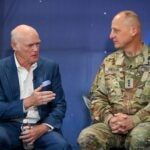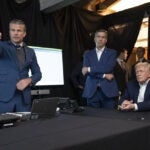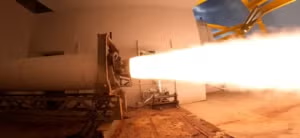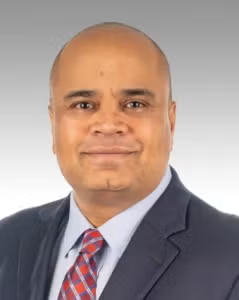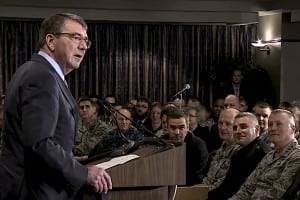
The Defense Department’s experimental tech innovation hub established less than a year ago in Southern California will evolve into a bi-coastal nationwide enterprise with a permanent leadership structure and civilian and reserve personnel.In his fourth visit to Silicon Valley since becoming secretary of defense, Ashton Carter on Wednesday in Mountain View, Calif, said the Defense Innovation Unit eXperimental (DIUx) made clear in eight months of operation that it was invaluable to the Pentagon doing business with the tech industry. Plans…

 By
By 